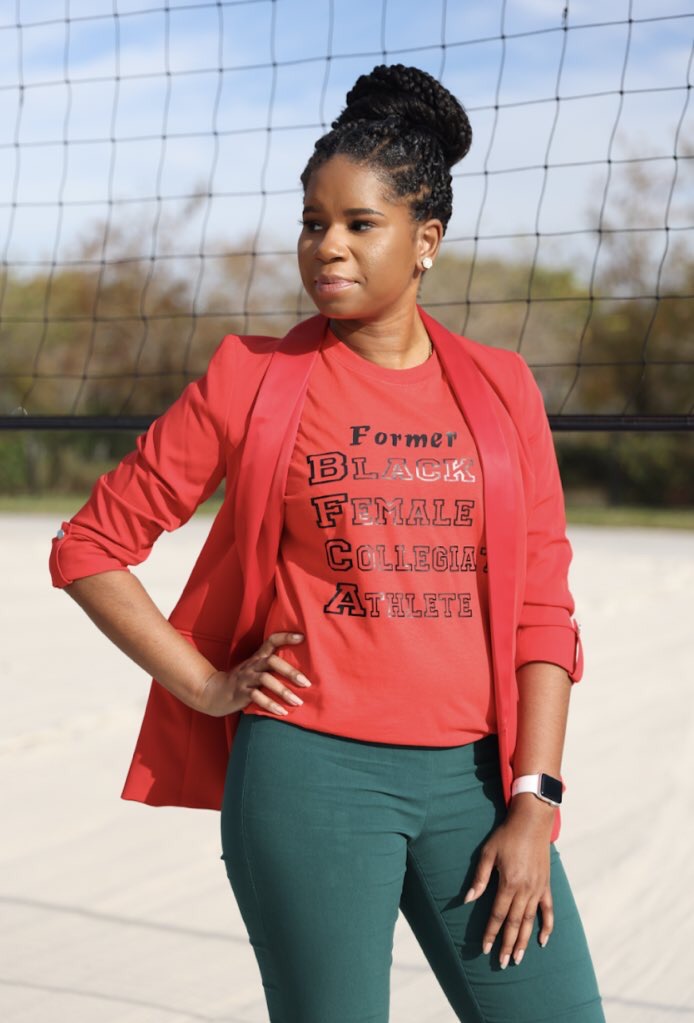Value The Journey and Experience of Black Female Collegiate Athletes
- Welcome To BFCA Experience LLC
- Nov 6, 2020
- 3 min read
Updated: Nov 15, 2020

The world of athletics is truly a unique experience that often exceeds player's expectations. When an athlete is granted the opportunity to transition into collegiate sports, all athletic personnel must own their responsibility to support, educate, and motivate each athlete. As a Social Worker my lens of perspective looks deep into the soul of the athlete.
For all athletes the transition into sports is shaped with both positive and negative emotions based on one's emotional and mental development. The same emotional impact occurs during the transition out of sports. What I find missing in the athletic environment is the opportunity to understand and embrace each athlete's experience while being a student-athlete; especially for black female athletes. Research is extremely limited which leaves me to assume that their voice is not valued and the experience is not understood.
For black female collegiate athletes, the preparation for racism and gender discrimination can be experienced while in the sport from teammates, coaches, media, classmates and more. Where can these athletes go to seek support or voice their struggles? Will they be judged? Will it impact their playing time? Could their scholarship be revoked?
Now imagine graduating from college and separating from the sport, and experiencing racism as a 21 year old black woman. Imagine having the concept of teamwork, but not feeling as if anyone wants you on their team. These are the moments we must prepare black female athletes for. Not introducing reality is a disservice to them.
Black female athletes are faced with layers of labels that may be acceptable in a sport, but not welcome in a board room meeting. This population must first find their voice, understand the power of their voice, and be willing utilize their voice to open doors for themselves and others. Many collegiate programs do not have a designated employee that focuses on the athlete's past, present and future. Instead the attention is focused on the "now" factor. During my personal collegiate journey I was so focused on academics and practice that even my social life and internships were limited. Not having the experience of an internship in undergrad, caused me to be blindsided when entering the professional world. No it's not guaranteed that an internship would've prepared me for every negative encounter, but the opportunity for me to be both physically and mentally present in a new environment could've been extremely productive. The new emotions of wanting to give up, not being enough, or not being heard can destroy one's self-esteem or the desire to be successful. In some cases, these emotions cause constant comparison to the previous life of sports and feelings of mediocrity; in extreme cases it can also be viewed as failure.
In order for this population to be served the effective tools for success, all athletes must be willing to speak up! This is of course easier said than done, because honestly I probably would not be inclined as a 19 year athlete to utilize my voice for social justice issues. Therefore, as a former black female collegiate athlete I am giving my voice to the cause. I can now use my journey to guide and support others on theirs. Once an individual owns their power and believes they're worthy, life becomes so much easier.
Thank you for taking time to read my article.
Marlene Holmes PhD Student, RCSW, MSW
marlene.holmes@mymail.barry.edu


Comments